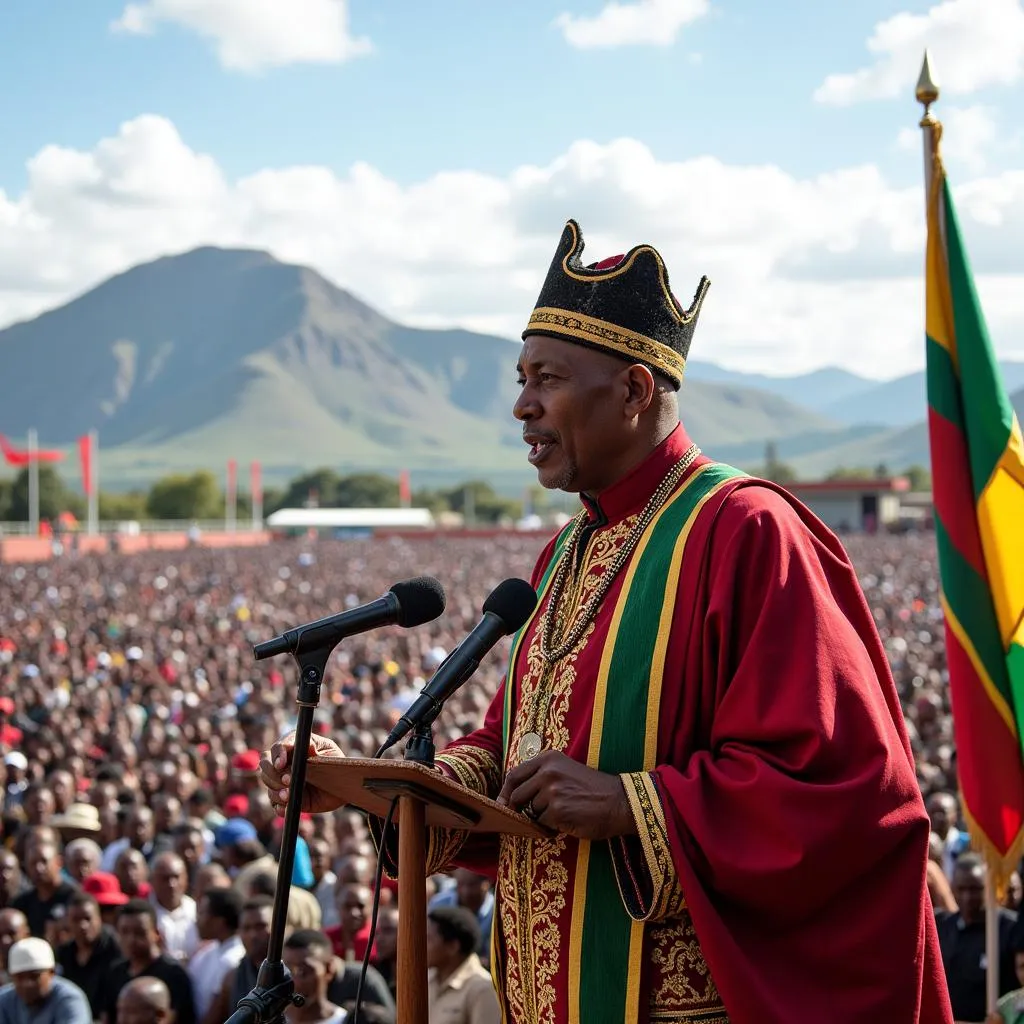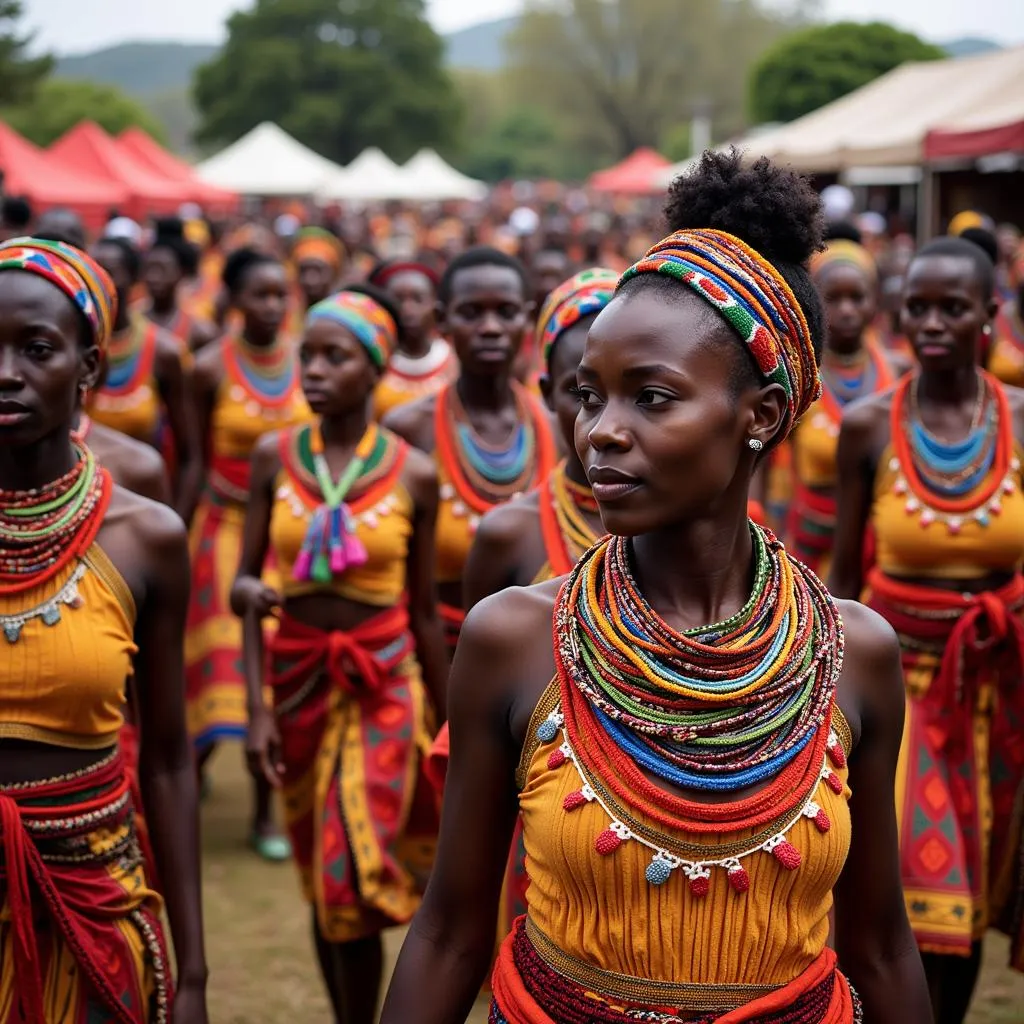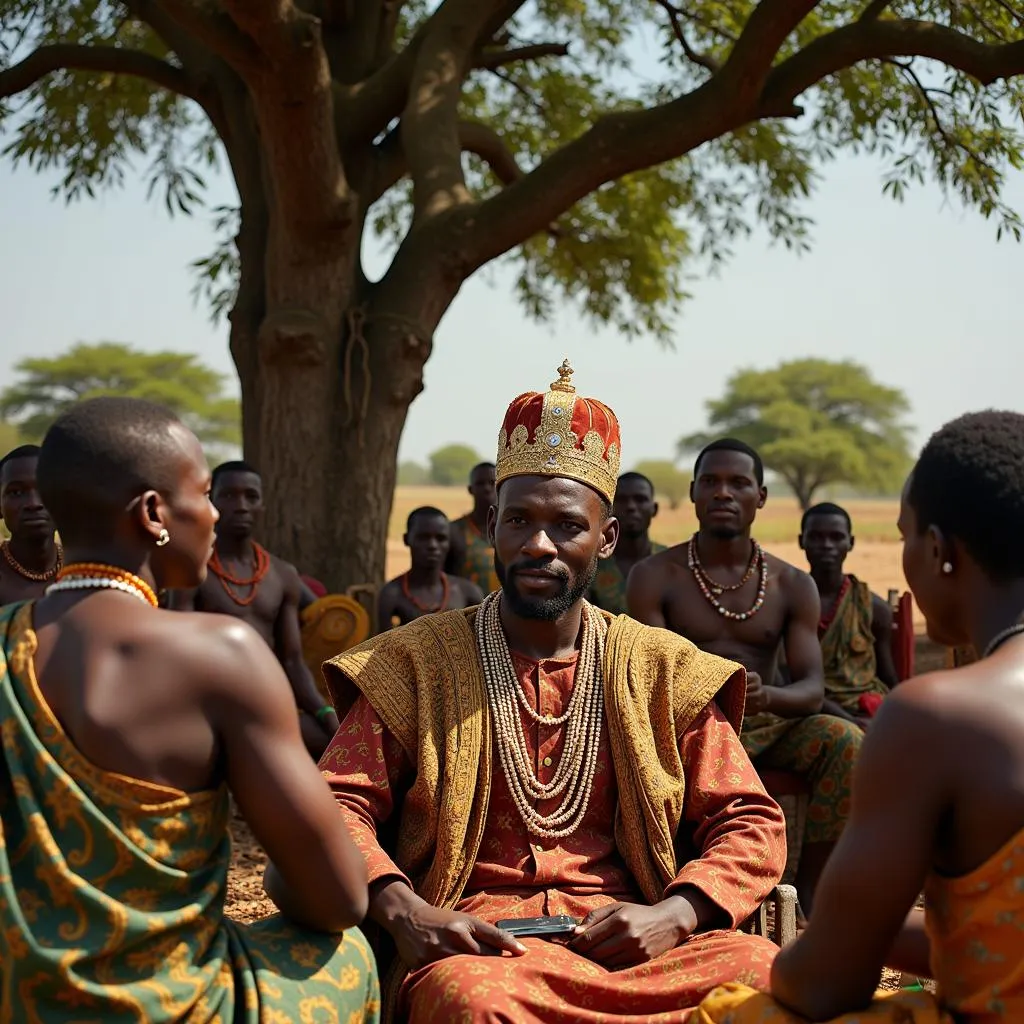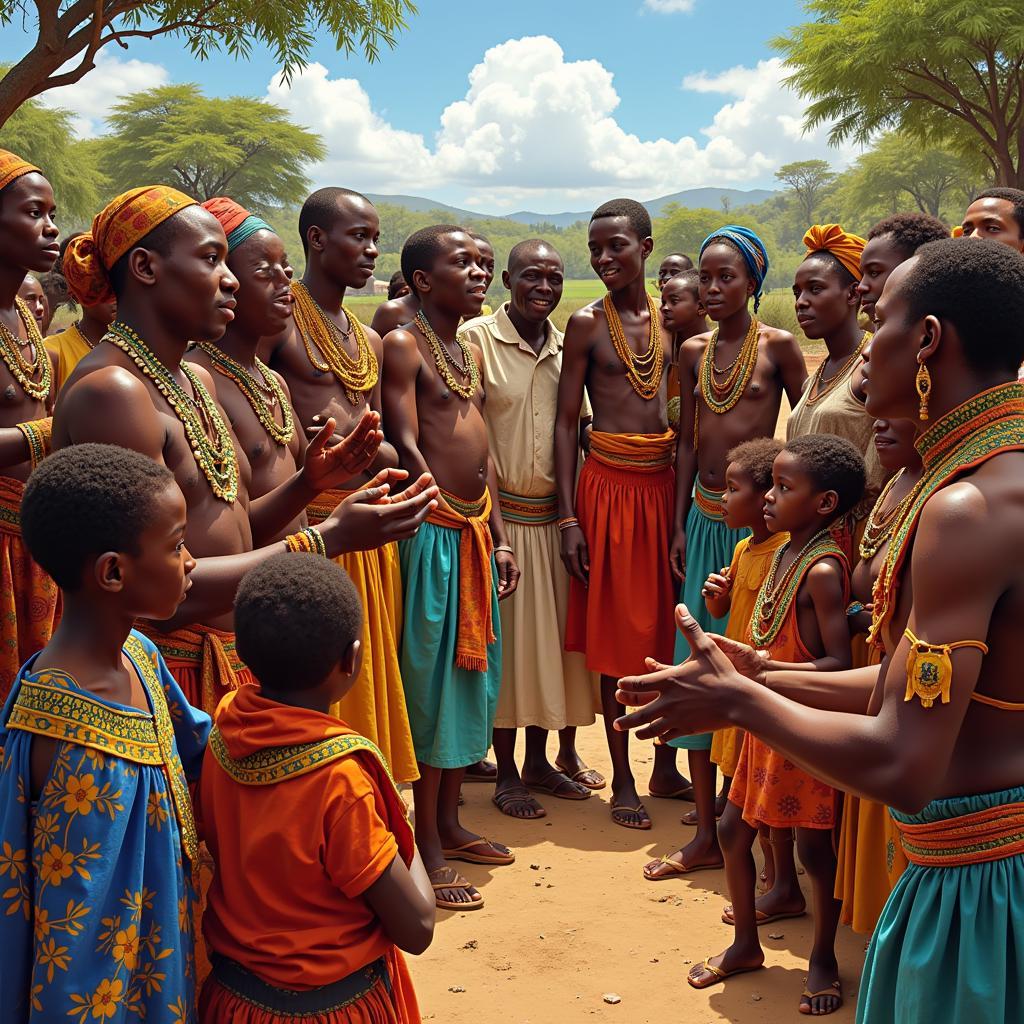African Countries Ruled by Kings
African Countries Ruled By Kings evoke a sense of history, tradition, and cultural richness. While the era of colonial rule brought significant changes to the continent’s governance, some nations have retained their monarchies, albeit in various forms. These monarchies offer a unique perspective into Africa’s past and present, highlighting the resilience of cultural heritage in a rapidly globalizing world.
Exploring Contemporary Monarchies in Africa
Today, there are several African countries where kings continue to hold positions of authority and influence. While their roles have evolved from absolute rulers to cultural custodians, their presence remains deeply intertwined with national identity and societal structures. Let’s delve into some prominent examples:
Lesotho: The Kingdom in the Sky
Nestled amidst the majestic Drakensberg mountains, Lesotho stands as Africa’s only constitutional monarchy with a king as head of state. King Letsie III, crowned in 1996, commands deep respect from the Basotho people. His role is primarily ceremonial, symbolizing national unity and cultural continuity.
 King Letsie III addressing the nation
King Letsie III addressing the nation
Morocco: A Monarchy Embracing Modernity
Morocco presents a fascinating case of a monarchy successfully navigating the complexities of the 21st century. King Mohammed VI, who ascended the throne in 1999, has implemented significant reforms, promoting modernization while preserving Moroccan traditions. His reign has witnessed economic growth and social development, solidifying the monarchy’s position as a pillar of stability.
Eswatini: Where Tradition Reigns Supreme
Formerly known as Swaziland, Eswatini is an absolute monarchy ruled by King Mswati III. With roots tracing back centuries, the Swazi monarchy holds immense cultural and spiritual significance. The king’s authority is absolute, shaping the nation’s political and social landscape.
 Dancers at the Umhlanga Ceremony in Eswatini
Dancers at the Umhlanga Ceremony in Eswatini
The Role of Kings in Modern Africa
The role of kings in modern Africa is multifaceted, extending beyond the realm of politics. They often serve as:
- Custodians of Culture: Kings play a vital role in preserving and promoting cultural traditions, languages, and customs.
- Symbols of Unity: Monarchies often serve as unifying forces, transcending ethnic and regional divisions.
- Advocates for Development: Many African monarchs are actively involved in social and economic development initiatives, advocating for their people’s well-being.
“The enduring presence of monarchies in Africa underscores the deep-rooted respect for tradition and the role of cultural leadership in navigating contemporary challenges,” notes Dr. Abena Agyemang, a renowned anthropologist specializing in African studies.
 African king meeting community leaders
African king meeting community leaders
The Future of African Monarchies
The future of African monarchies remains a topic of discussion. As Africa continues on its path of development and democratization, the role of traditional institutions is constantly evolving. However, the resilience of these monarchies, their adaptability, and their enduring cultural significance suggest they will continue to shape the continent’s identity for generations to come.
In conclusion, African countries ruled by kings offer a unique lens through which to understand the continent’s complex tapestry of history, culture, and governance. While their political power may have shifted, their cultural influence and symbolic significance remain deeply ingrained in the fabric of their respective nations.


